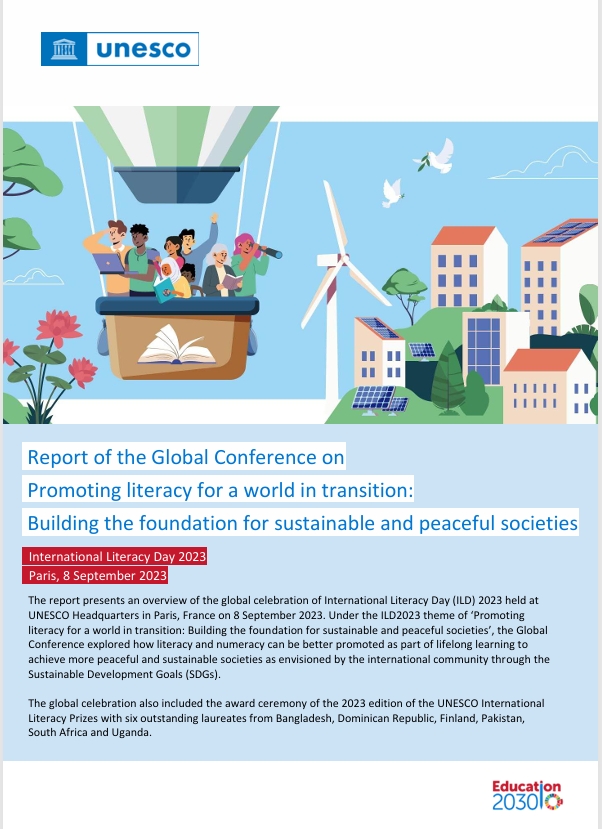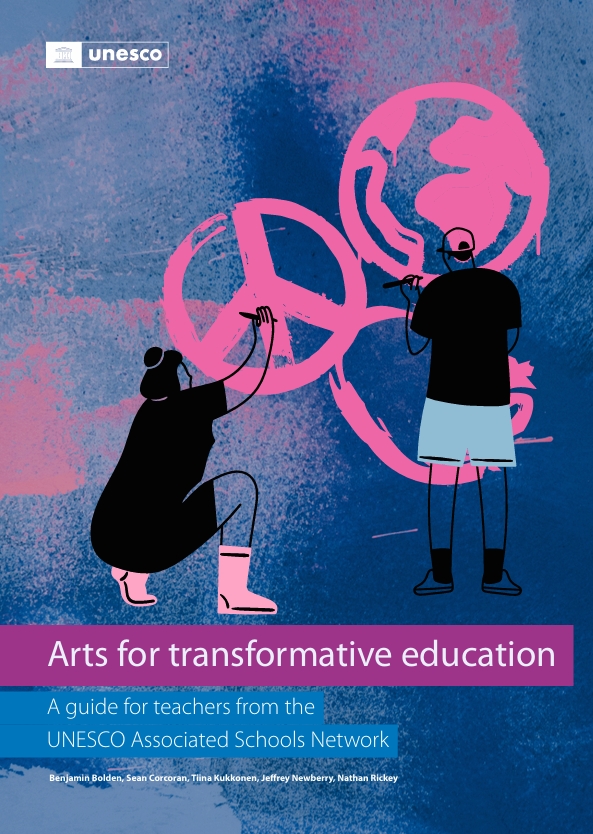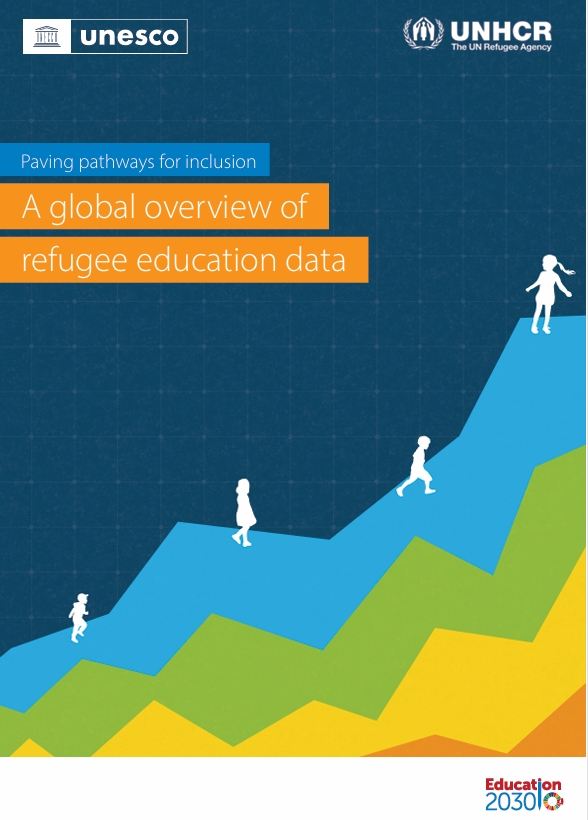Story Source: Edutopia ~ Go to Original Article
Every year brings new insights—and cautionary tales—about what works in education. 2019 is no different, as we learned that doodling may do more harm than good when it comes to remembering information. Attendance awards don’t work and can actually increase absences. And while we’ve known that school discipline tends to disproportionately harm students of color, a new study reveals a key reason why: Compared with their peers, black students tend to receive fewer warnings for misbehavior before being punished.
A 2019 study found that students remember less of what they’re learning if they’re doodling at the same time. But the study also addresses a big misconception: Doodling is not the same as drawing. Earlier research concludes that drawing easily beats reading, writing, or listening when it comes to learning and retention……….



